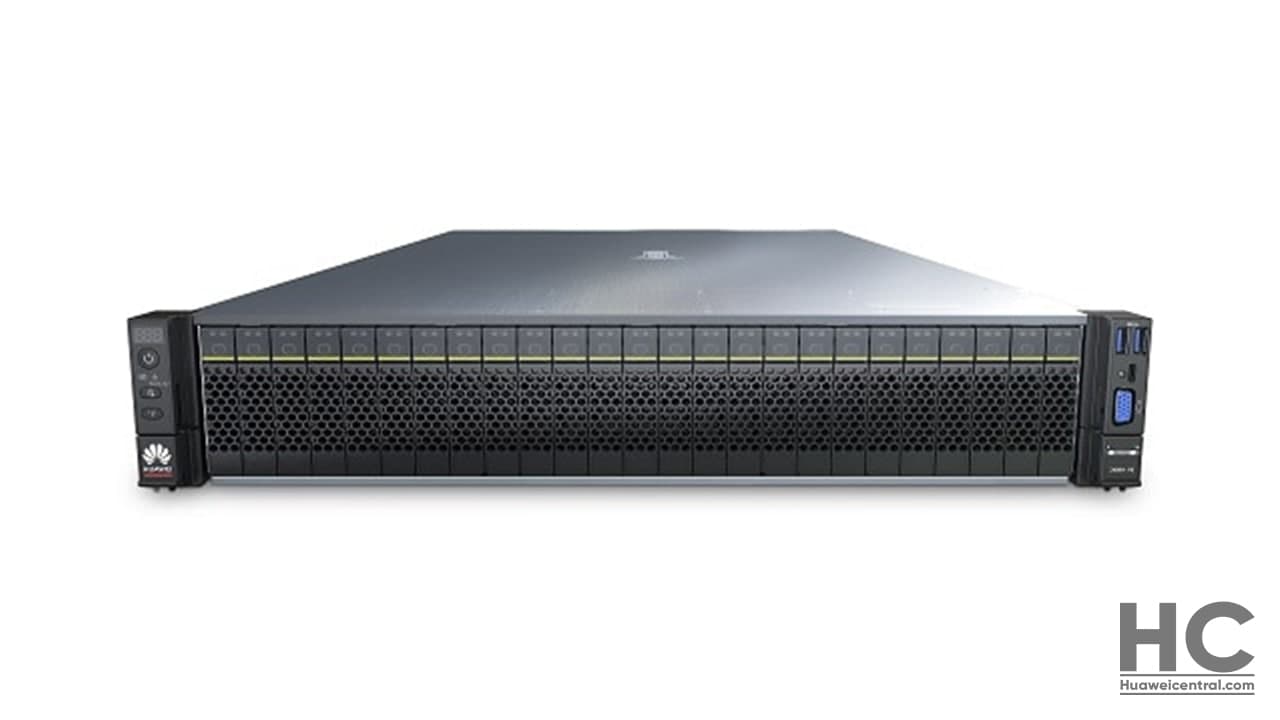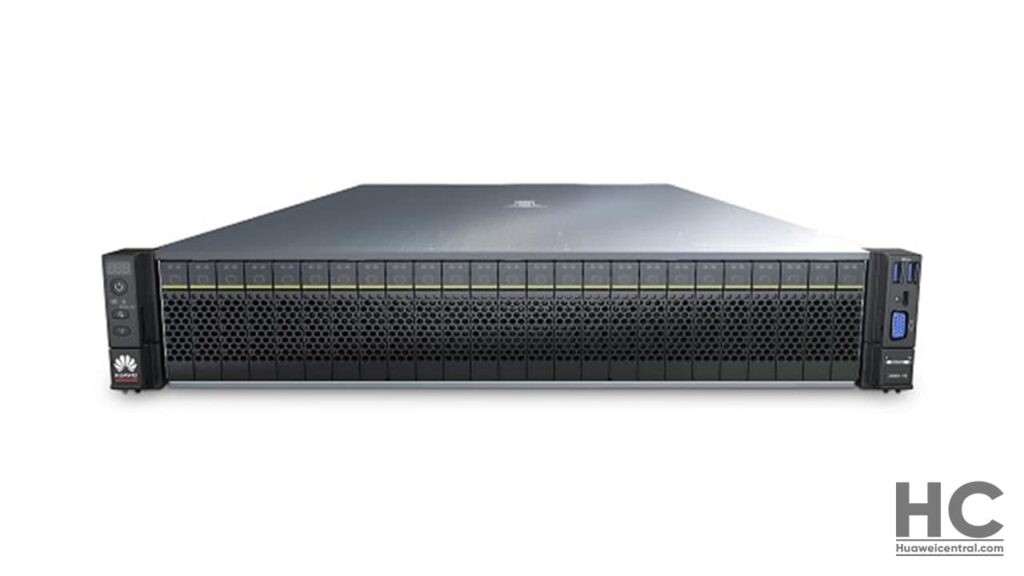Technology
Huawei launches the next-gen of smart servers based on third-generation Intel Xeon Scalable Processors

Recently, Huawei has released the next generation of smart servers based on a third-generation Intel Xeon Scalable processor – FusionServer Pro V6 intelligent servers. It is designed to unlock powerful computing for any system.
According to the latest information, Intel said that this newly debuted third-generation Intel Xeon Scalable processor can fulfill more stringent workload needs, optimized for cloud, enterprise, artificial intelligence, high-performance computing, network, and security workloads.
Regard FusionServer Pro V6 intelligent server, Huawei mentioned that this server has achieved innovation in hardware architecture, algorithms, and basic software. Let’s take a deep on these sections:

Architecture:
For large data centers, Huawei’s entire cabinet server is designed through the L1+L2 joint design, which can flexibly configure computing, network, and storage resources. The computing density is increased by 4 times. All modules can support online replacement and second-level operation and maintenance. At the same time, in terms of complete machine engineering, Huawei achieved 25% more computing power in the entire server machine and doubled the power density.
Software:
In the cluster computing scenario, through the Huawei cluster job scheduler, the cluster scheduling capability is increased by 3 times, up to 320,000 cores, and the computing resource utilization rate is as high as 90%; in the large-scale operation and maintenance management scenario, for deployment, discovery, upgrade, and maintenance, The five energy-saving management technologies were upgraded, and the operation and maintenance efficiency was increased by 30%.
Algorithms:
In terms of performance improvement, Huawei can provide more than 40 kinds of big data algorithm acceleration libraries, including machine learning algorithms and graph analysis algorithms, covering 80% of business scenarios; in terms of energy-saving, Huawei’s machine learning energy-saving algorithm (MPC-PID) can Under the same load, the entire server can save energy up to 5%; in terms of stability, the intelligent memory failure self-healing algorithm can reduce the downtime rate by more than 50% without business perception.
Moreover, Huawei’s new generation servers are launched to meet diversified enterprise requirements in an energy-efficient and cost-effective manner. The industry-leading Chinese tech giant, Huawei servers provide intelligent management and high energy efficiency to reduce O&M costs, making them a must-have in the digital age.
(Via)







